Cross-country car transportation is a complex process that requires careful planning and consideration. Whether you’re relocating, selling a vehicle, or buying a car from afar, understanding the challenges and knowing how to address them can make the experience smoother and more efficient. This article outlines the top challenges associated with cross-country car shipping and provides practical solutions to help you navigate the process with confidence.
1. Choosing the Right Shipping Company
Challenge: Selecting a reliable and reputable shipping company is crucial. With numerous options available, finding one that meets your needs and budget can be daunting.
Solution: Research and compare companies by checking reviews, verifying credentials, and obtaining quotes. Look for providers with a solid track record, proper insurance coverage, and transparent pricing. Consider companies that offer tracking services for added peace of mind.
2. Understanding Shipping Costs
Challenge: Shipping costs can vary significantly based on distance, vehicle type, and shipping method. Unexpected expenses can arise if not carefully planned.
Solution: Obtain detailed quotes from multiple companies and inquire about additional fees such as fuel surcharges or terminal handling charges. Be sure to understand what’s included in the price and ask about potential cost-saving options, such as terminal-to-terminal shipping.
3. Preparing Your Vehicle for Transport
Challenge: Proper preparation of your vehicle is essential to avoid damage during transit. Failure to do so can result in costly repairs and delays.
Solution: Clean your vehicle thoroughly, remove personal items, and document any existing damage with photos. Ensure that your car is in good working condition and check for any leaks. Disable any alarms and ensure that the gas tank is only a quarter full to comply with shipping regulations.
4. Navigating Different Shipping Methods
Challenge: Various shipping methods exist, including open and enclosed transport. Each method has pros and cons, affecting both cost and protection.
Solution: Choose the shipping method based on your vehicle’s value, your budget, and your desired level of protection. Open transport is more economical but exposes your vehicle to the elements, while enclosed transport offers greater protection at a higher cost.
5. Handling Logistics and Timing
Challenge: Coordinating logistics and timing can be challenging, especially if you have a tight schedule or specific delivery requirements.
Solution: Plan your shipping well in advance and communicate your timeline with the shipping company. Be flexible with your dates to accommodate any unforeseen delays. Confirm pickup and delivery windows and maintain open communication with the transporter to stay updated on the progress.
6. Addressing Insurance and Liability Concerns
Challenge: Insurance and liability are critical concerns, as damage or loss during transport can occur. Understanding coverage options is essential to protect your investment.
Solution: Verify that the shipping company has adequate insurance coverage and understands the extent of that coverage. If necessary, consider purchasing additional insurance. Review the terms and conditions of the insurance policy and keep records of all communication related to coverage.
7. Dealing with Delays and Unforeseen Issues
Challenge: Delays and unforeseen issues, such as inclement weather or mechanical breakdowns, can impact the shipping process and delivery time.
Solution: Stay informed about potential delays and maintain communication with the shipping company. Have a contingency plan in place, and be prepared for possible changes in delivery schedules. Patience and flexibility are key to managing unexpected issues.
8. Managing Documentation and Compliance
Challenge: Proper documentation and compliance with regulations are crucial for a smooth shipping process. Missing or incorrect paperwork can lead to delays or legal issues.
Solution: Ensure you have all necessary documents, including the vehicle title, registration, and bill of sale. Verify any specific state or federal regulations that may apply to your shipment. Keep copies of all documents and work closely with the shipping company to ensure compliance.
9. Ensuring Effective Communication
Challenge: Poor communication between you and the shipping company can lead to misunderstandings and complications during transport.
Solution: Establish clear lines of communication with the shipping company from the start. Provide accurate contact information and ensure that you receive regular updates on your vehicle’s status. Address any concerns promptly and document all communications.
10. Evaluating Delivery and Final Inspection
Challenge: The final inspection of your vehicle upon delivery is crucial to ensure that it arrives in the same condition as when it was shipped.
Solution: Thoroughly inspect your vehicle upon delivery and document any new damage with photos. Compare the condition with your pre-shipping documentation. Report any issues immediately to the shipping company and follow the claims process if necessary.
Cross-country car shipping presents several challenges, but with proper preparation and a clear understanding of the process, you can overcome them effectively. By choosing the right shipping company, preparing your vehicle, and addressing logistical and insurance concerns, you can ensure a smooth and successful transport experience.
Are you ready to ship your vehicle cross-country? Contact our expert team at High End Transport for a comprehensive quote and personalized assistance, which will make your car shipping experience seamless and stress-free. Call us at (305) 816-2255!












